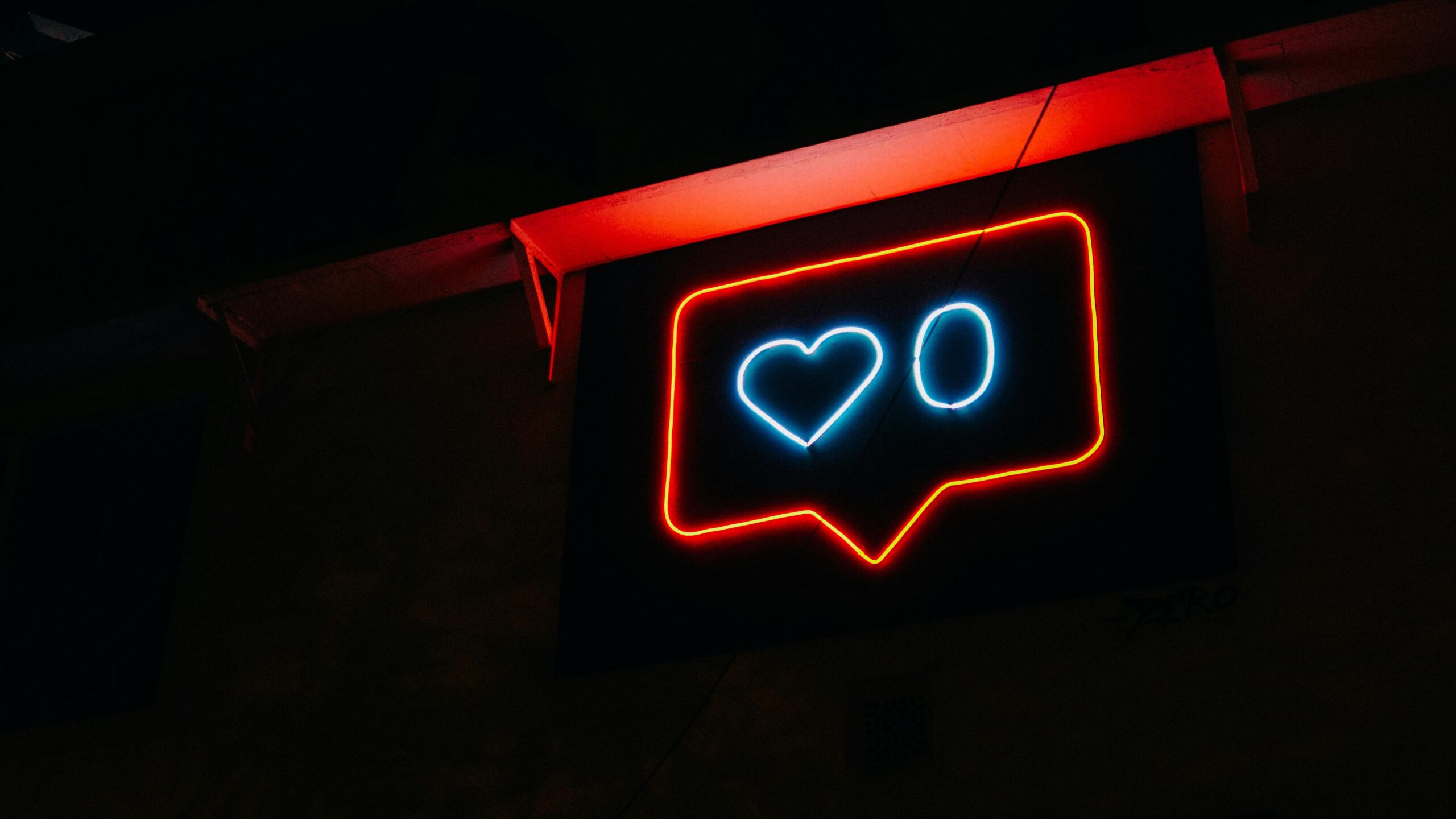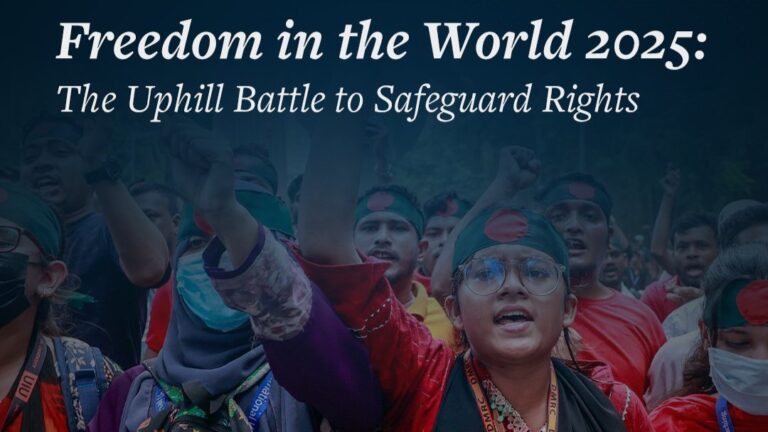Around half of teenage girls feel less attractive due to the images they see on social media, often unaware that the online world frequently presents a distorted version of reality, according to a study by the National Media and Infocommunications Authority (NMHH). The research specifically examined the social media habits of 13–16-year-olds.
The NMHH’s Communications Directorate announced on Wednesday that social media has become the primary platform for news consumption, entertainment, and relationship-building among young people. Most studies in this field focus on internet and social media habits among those over 16, leaving the younger demographic underexplored—particularly regarding how this generation perceives the impact of social media on personality, self-image, and body image. The research findings indicate that, despite an awareness of risks, many young people fail to take adequate preventive measures; for instance, a large proportion do not sufficiently restrict their publicly accessible personal data, if they limit it at all. The study also revealed that young people consider the greatest advantages of social media to be the ability to connect with others, access new information quickly, and enjoy entertainment.
Among the risks, the most commonly cited concerns were cyberbullying, data theft and account hacking, and the misuse of personal information. Following several previous studies, this research highlights the significance of the idealized images presented on social media platforms. While boys are also affected by a desire to conform to idealized online representations, the impact of this trend is especially pronounced on girls’ mental health. According to recent surveys, nearly 18 per cent of boys and approximately half of girls reported feeling less attractive when comparing themselves to others on social media.
This statistic, as the research suggests, underlines the importance of promoting conscious media consumption among young people, with an emphasis on recognizing that social media content often does not reflect reality. The standards set online should not be seen as attainable benchmarks for daily life, as individuals typically only share their best moments online.
While the research highlights numerous negative effects of digital social interactions, it also identifies clear benefits, showing that with proper awareness, young people can make the most of the online world while minimizing risks. The study emphasizes the importance of equipping young people with the knowledge needed to balance their online and offline lives effectively.
In the future, experts will likely face the significant challenge of finding ways to help youth develop and sustain this balance more effectively than before, the statement concluded.
Related articles:








